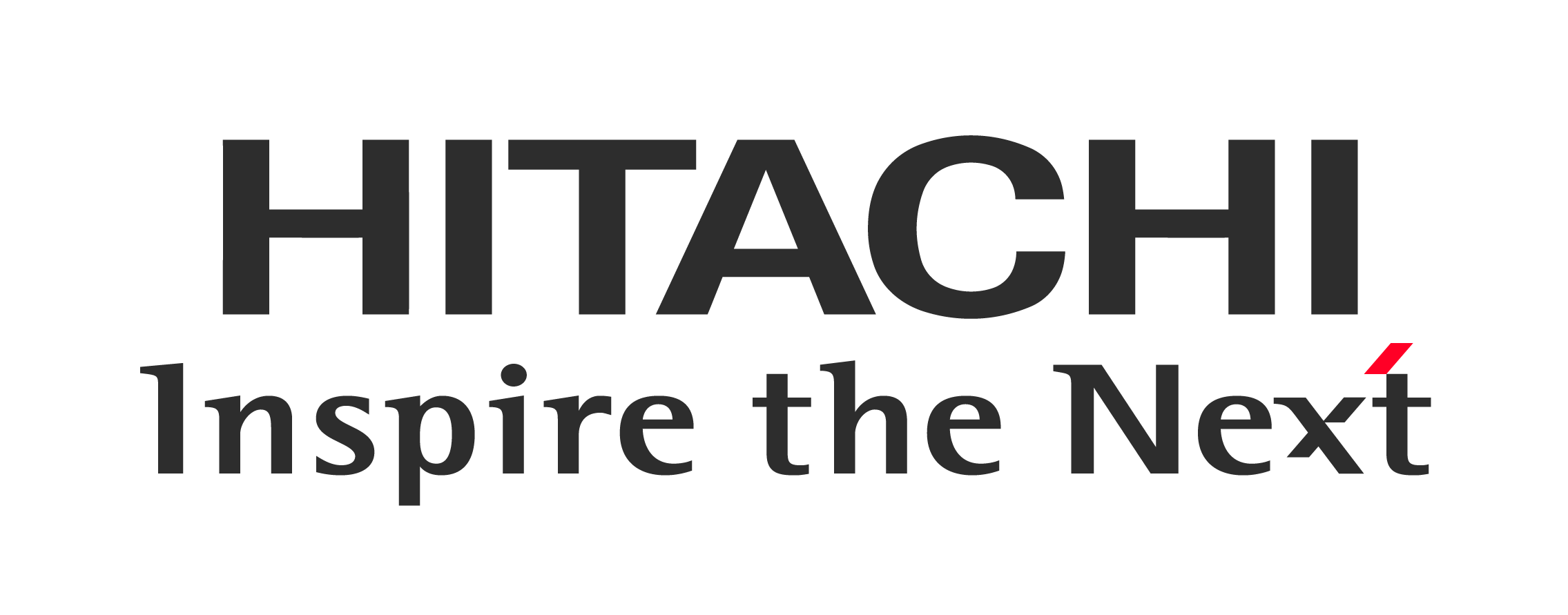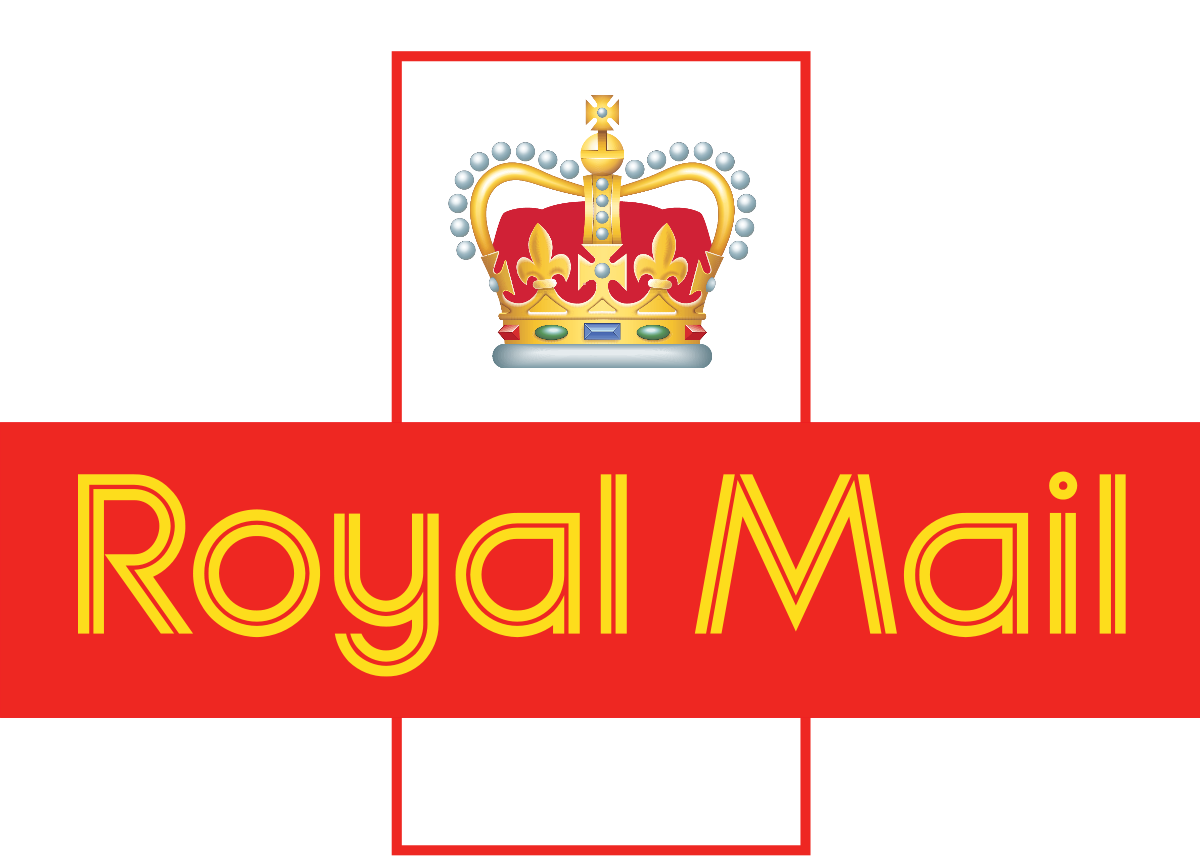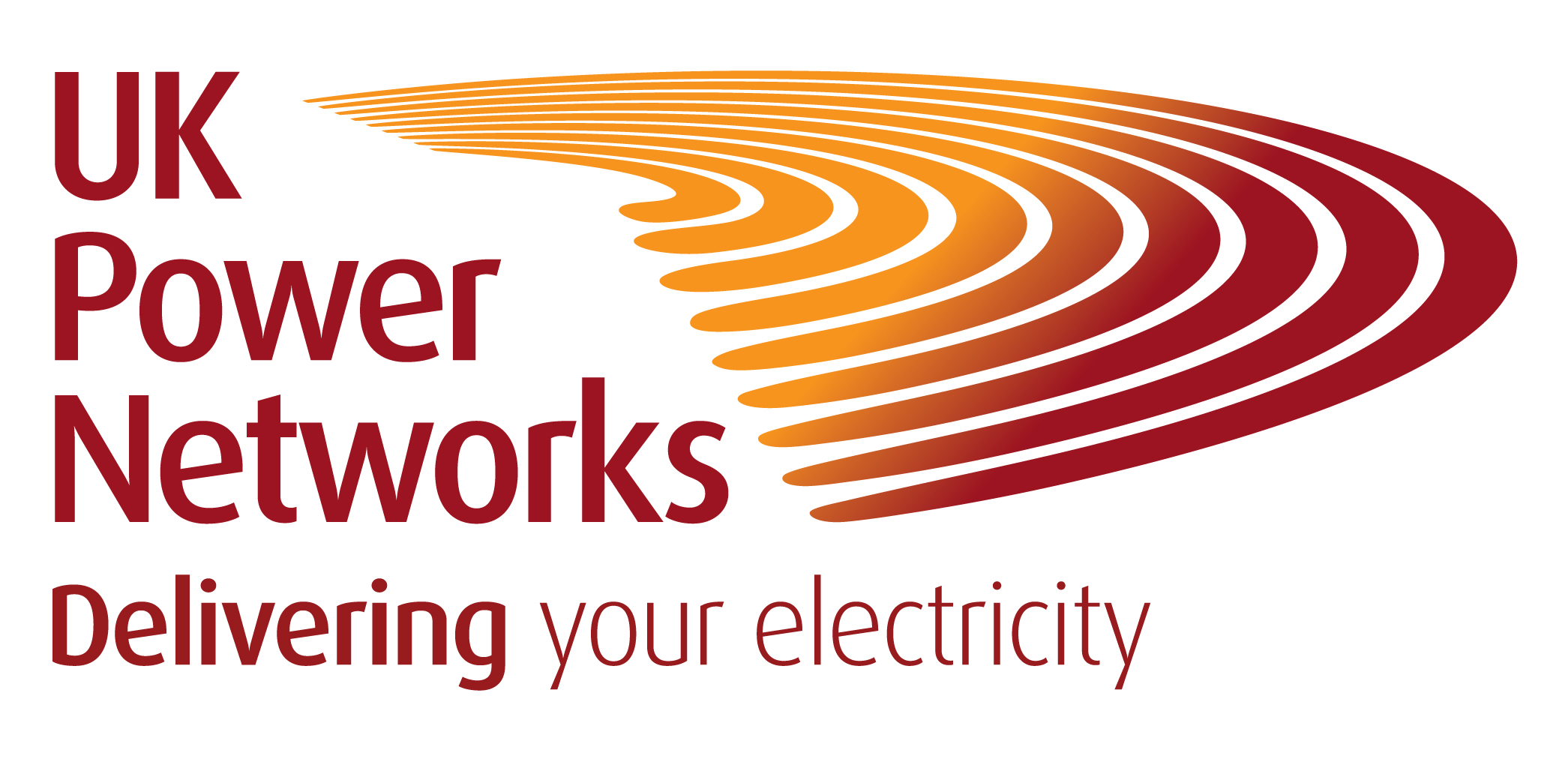Project trials
Live trials will be carried out across three fleets, with around 1000 EVs in each study. Monitoring from vehicles and charge-points will be used to determine methods for reducing the contribution of commercial EVs to network constraints and will result in the creation of the world’s largest commercial EV data-set.
Understanding the range of impacts from commercial EVs
Due to operational differences in commercial vehicles, charging behaviour will vary. It is expected that such charging behaviour can be split into two groups with respect to their network impact:
1.) Return to home charging
Many commercial organisations garage their vehicles at their employees’ homes. Therefore, with EV uptake, the large energy demands of the vehicle will likely be met through charging at home. This creates a challenge for the network since commercial loads are effectively “hidden” inside the domestic load profile, making forecasting and planning more challenging. This case will also likely be applicable for PHV drivers who have off-street parking availability. Hidden loads, without flexibility, mean that the full costs associated with network reinforcement will be socialised, resulting in higher costs for network customers. Through live trials, Optimise Prime will uncover commercial loads on domestic connections and search for ways to reduce the need for network reinforcement through the use of smart charging and flexibility.
2.) Return to depot and public charging
Organisations such as Royal Mail operate depots, where substantial numbers of vehicles are co-located on a single site. If unmanaged, EV charging loads from these sites will be large and instantaneous, potentially posing a threat to network infrastructure. Similar to depots, public charging points will increasingly be co-located. The higher power chargers found at these public charging hubs, such as rapid DC, will place substantially higher loads on the network. The costs associated with required infrastructure upgrades to facilitate such charging methods will be born by the connecting depot/charge-point operator, with potential for a portion to be socialised. This works as a barrier to EV uptake for fleet operators both financially and in terms of lead time for network upgrades, as well as potentially increasing customer bills. In order to help facilitate the EV transition and promote a more efficient use of the network, Optimise Prime will investigate the use of smart charging to enable the uptake of profiled connections and the provision of flexibility services from EV fleets.
Trials partners
The effect of these charging methods will be examined through three live trials, each with a different trials partner:













